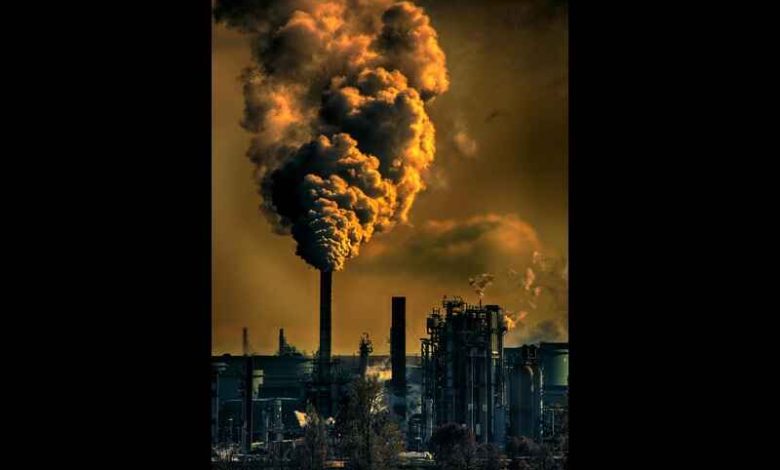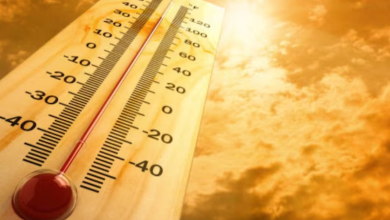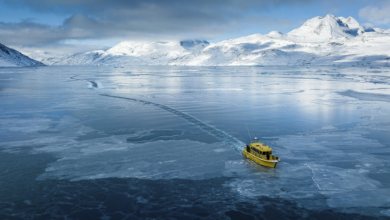
India presented a compelling argument pointing to the significance of fair global climate change action on Thursday at the International Court of Justice (ICJ). India claimed that nations with historically low emissions shouldn’t be asked to contribute equally to climate change prevention. It said, “It is unfair to expect countries with negligible historical emissions to bear the same burden in mitigating climate change,” in its submission to the ICJ.
“Climate finance by developed nations is inadequate to meet developing countries’ needs in adapting to, mitigating climate change,” Luther M. Rangreji, joint secretary in the Ministry of External Affairs (MEA) said in his presentation of India’s stance.
He added, “If the contribution to degradation is unequal, the responsibility must also be unequal.”
India also slammed wealthy nations for contributing to global climate changes. India made the case during a hearing on nation’s legal responsibilities related to climate change that developed nations are more accountable because of their historical extraction of resources.
Even though some wealthy nations have contributed less to the issue, India also emphasized how developing countries are more severely impacted by climate change by pointing out that wealthy countries have the resources and technology to solve the situation.
“Countries which have reaped development benefits from exploiting fossil fuels demand developing countries to not utilise the national energy resources available to them,” Rangreji said.
India further criticized the unmet climate finance commitments from developed nations arguing that the new climate finance package agreed upon at COP29 is insufficient to meet the needs of developing nations because the $100 billion promised in 2009 and increased adaptation funding have not come to pass.
India also stressed the limits of burdening its citizens especially when pursuing sustainable development goals for a big population while confirming its commitment to the Paris Agreement.
More than 98 countries are voicing their opinions at the ICJ session which was called by Vanuatu and Pacific island nations. The court’s advisory decision is anticipated to have a big impact on the global battle against climate change even though it is not legally enforceable.



